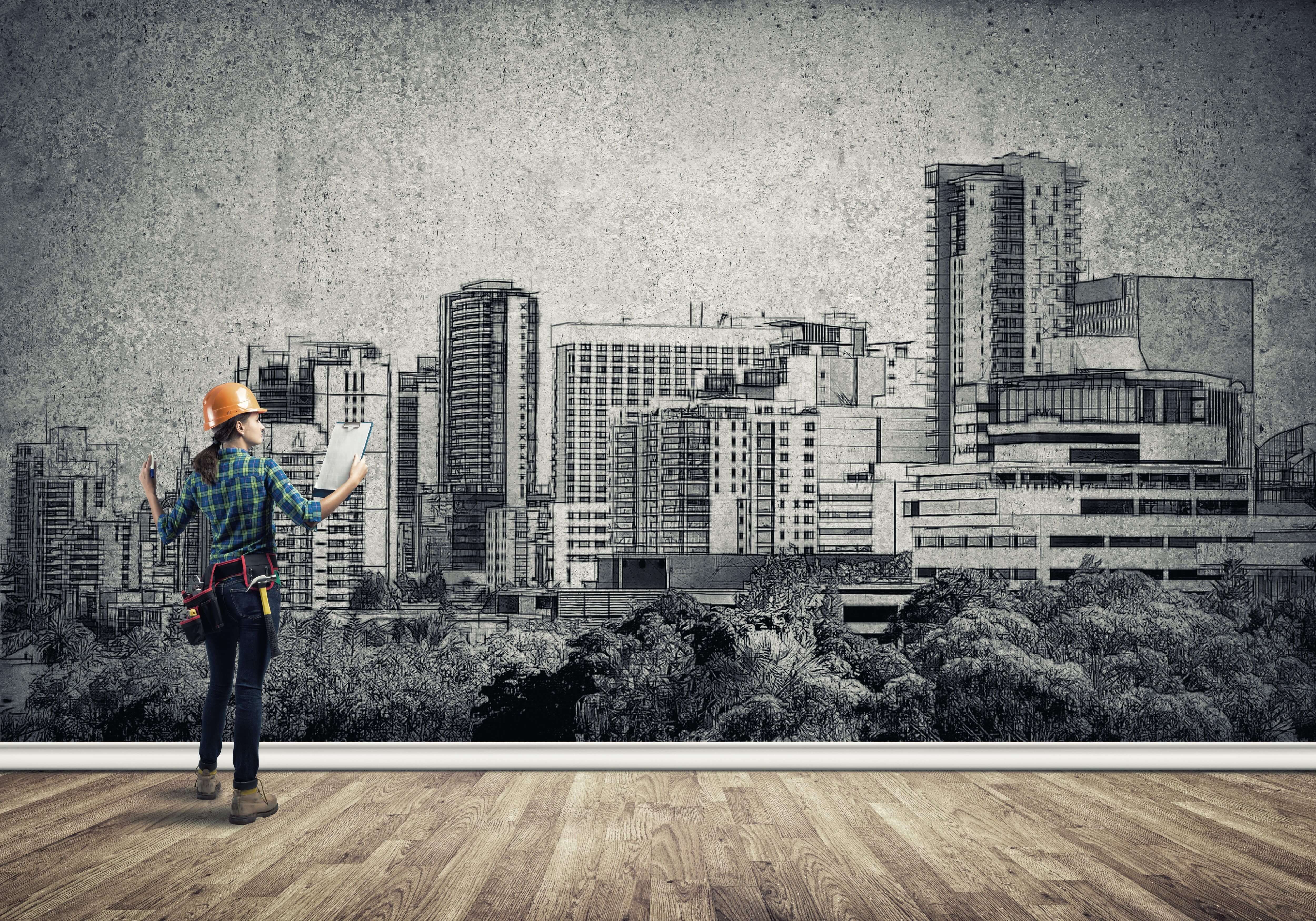Several months ago, I posted an entry that discussed repair responsibilities after a casualty (see “What Happens when the Hot Water Heater Bursts?”). A similar (and equally important) topic involves incidental damages. That is, what happens when, during the course of performing its maintenance obligations, the association damages part of a unit that the unit owner is otherwise obligated to maintain?
Certainly, if the association is negligent in performing its maintenance and such negligence causes damage to the owner’s unit or personal property, the association is liable for the damage. But, what about situations where the association must cut into unit ceilings, floors or walls to repair common element pipes? The resulting damage to wood flooring, carpeting, tiling, paint or wallpaper is not the result of negligence in these instances. But is it fair for the unit owners to pay for the repairs when they had nothing to do with causing the damage?
Typically, a Declaration of Condominium (“Declaration”) will contain an “incidental damage” clause that provides the association must repair damages to a unit caused during the association’s repair of the common elements. However, not all Declarations have this language. In the absence of such language, unit owners are indeed responsible to repair damages to their unit and/or personal property caused by the association during the course of the association performing maintenance to the common elements. In fact, even with an “incidental damage” clause in the Declaration, absent negligence, the association is not responsible to repair or pay for damages it causes (during the performance of its maintenance responsibilities) to unit owner improvements or upgrades.
Presently, there are no appellate case decisions in Florida on this issue. However, there are several arbitration decisions on point. The Condominium Act requires that most condominium disputes go through the state’s mandatory non-binding arbitration program. Arbitration decisions are not “law” and a court is free to accept or reject their holdings. Still, arbitration decisions are persuasive authority and many Florida courts do follow them.
For example, in Salamone v. Golden Horn Condominium Association, Inc., Case No. 96-0370, the arbitrator did not require the association to replace owner improvements or modifications to the balconies, even though they were considered a part of the unit, and even where the association’s declaration contained an incidental damage clause, where the damages are occasioned by the association’s maintenance function. Similarly, in Harrison v. Land’s End Condominium Association, Inc., Case No. 94-0298, a unit owner argued that the association was obligated to restore the balcony floor covering (i.e. tiling) after the same was destroyed during a condominium restoration project. In ruling that the association did not have to repair or replace the balcony tiling, the arbitrator concluded that the association would not have granted permission for improving the balcony floors if it was understood that all other unit owners would have to pay to replace the covering after proper work by the association.
The general tenor of these and other reported arbitration decisions appears to be that the unit owner is responsible to repair improvements or “upgrades” to the unit damaged by the association’s maintenance of the common elements. However, with respect to those items in a unit originally installed by the developer (e.g. original paint, wallpaper, carpeting and tiling), it appears that the Association would be responsible to repair them (as a common expense) if they are damaged during the process of association maintenance to the common elements.
Remember, this post deals strictly with normal maintenance and repair and has absolutely nothing to do with casualty repairs. Casualty repairs are governed by an entirely different set of rules in the Florida statutes.
Casualty RepairsDamagesMaintenanceNegligence






Recent Comments